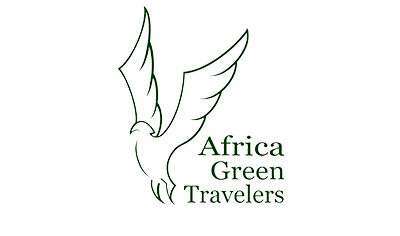Rwanda bird watching tours
Bird Watching In Rwanda : Discovering The Best Places For Birding Adventures
Rwanda offers arguably the best African Montane Birding anywhere. Combine that with a great road network, safety and security, a diversity of habitats and you have one of the best eco-tourism destinations in Africa. The compact nature of the country means that several birding sites can be visited in a relatively short trip, giving access to some of the most desirable species in Africa.
In total 703 bird species are known from Rwanda (November 2018) and surprises are always possible with several species added to the country list since 2010. Among the resident species are 29 Albertine Rift Endemics and several Lake Victoria Basin Endemics, which should be on any birder’s wish list.
Most birders will want to focus their attention on Nyungwe National Park in the west of Rwanda and Akagera National Park located in the east. However, good birding can be found across the country and even close to Kigali, so no matter how long you are staying there is rewarding birding on offer.
The best places for bird watching in Rwanda
While many birders will want to concentrate on Nyungwe National Park in the western part of the country and Akagera National Park in the east, there are numerous exceptional birding opportunities throughout Rwanda. Even around the capital city of Kigali, rewarding birdwatching experiences await visitors, making it a truly inclusive destination for bird enthusiasts of all durations. Let’s explore the best places for bird watching in Rwanda.
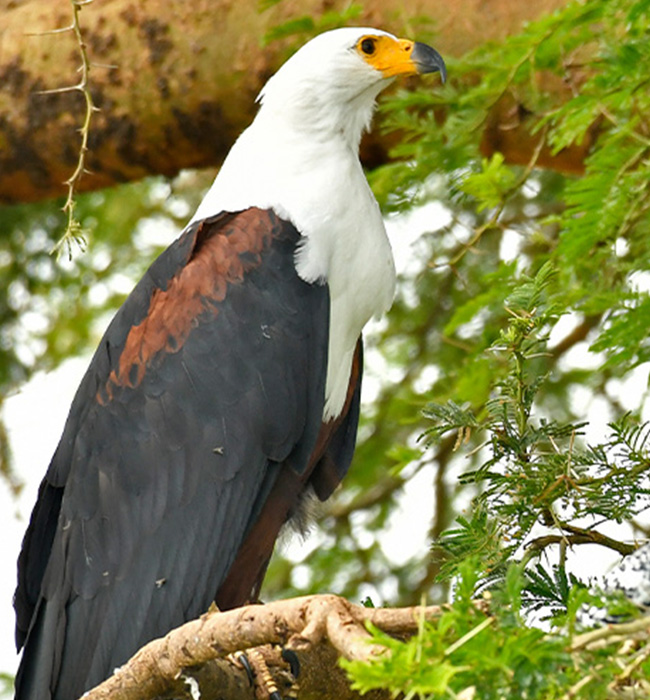
Birding in Nyungwe National Park
Nyungwe National Park is a tropical montane rainforest that is home to 322 bird species as well as 13 species of primate and numerous endemic plant species. So far 29 are bird species have been found here. The star attraction is undoubtedly the Red-collared Babbler and Rwanda is the only safe place to see this stunning bird. Other specialities include Rwenzori Turaco, Handsome Francolin, Rwenzori Nightjar, Grauer’s Warbler, Regal, Blue-headed and Purple Breasted Sunbirds, Grauer’s Swamp Warbler and Neumann’s Warbler. All of these and more can be seen easily from a well-maintained network of trails with the help of the park’s expert bird guides.
With more time and a bit of luck it is also possible to observe Kungwe Apalis, Kivu Ground Thrush and Willard’s Sooty Boubou. Possibly the rarest of Nyungwe’s birds would be the Congo Bay Owl, Albertine Owlet and Shelley’s Crimsonwing, Rockefeller’s Sunbird which have been reported, but are seldom seen. Night-walks will be available soon and these offer the potential to track down the park’s elusive nocturnal species.
Birding in Volcanoes National Park
Volcanoes National Park is located in a region of mostly dormant, heavily vegetated volcanoes and includes Rwanda’s highest point, Mount Karisimbi. The park is famous for Mountain Gorillas, but also offers good birding potential and 200 bird species are known from this area, among these are 17 Albertine Rift Endemics.
The birds you’ll encounter here are similar to those in Nyungwe National Park. Yet, the captivating Scarlet-Tufted Sunbird is a unique feature of Rwanda’s Volcanoes National Park. If you’re eager to catch a glimpse of this striking bird, your best opportunity is on a trek to the peak of Mt Bisoke. Adding to Rwanda’s birdwatching allure, the park’s surroundings boast a series of lakes that might tempt birdwatchers with a quick and exciting side trip.

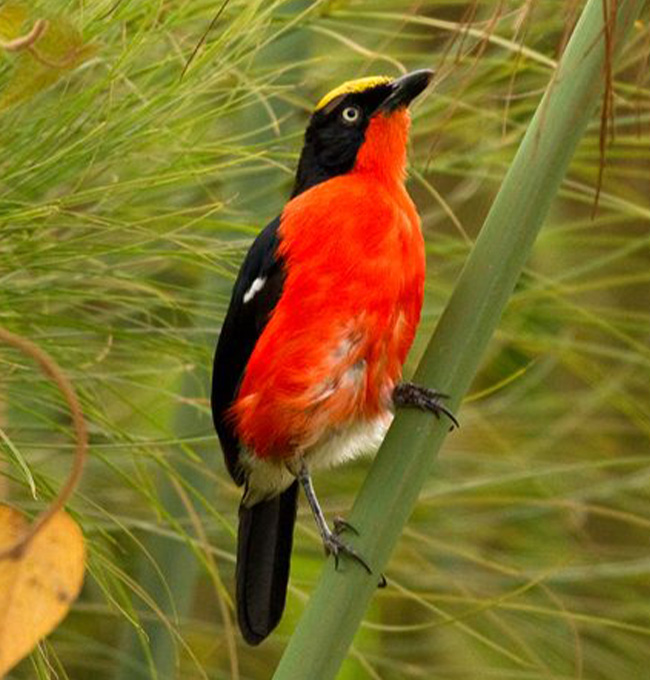
Birdwatching in Akagera National Park
Akagera National Park is a savannah park with rolling hills, lakes, wetland and woodlands. It offers a more traditional African Big 5 safari experience, but the diversity of habitats mean it has excellent birding too. To date 490 bird species have been observed in Akagera NP. The park offers a comparable experience to others in the region, but its compact nature means you can access the different habitats easily and build a good bird list.
The highly sought-after Red-faced Barbet, limited to specific regions, is a top draw for bird enthusiasts in Rwanda. You can easily spot it around Akagera Game Lodge and Muyumbu Campsite. Additional noteworthy species include the Carruthers’s Cisticola, Northern Brown-throated Weaver, Papyrus Gonolek, White-Winged Swamp Warbler, White-collared Oliveback, and majestic Grey-crowned Cranes. Another prized sighting is the Shoebill, a bird seen quite regularly within the park. Furthermore, Akagera houses thriving populations of raptors and boasts abundant waterbird numbers.
Bird Watching in Gishwati-Mukura National Park
Bird watching treks in Gishwati-Mukura national park is one of the great activities done in the park by many visitors who travel here, the park offers an extraordinary opportunities for birders to indulge in to the park’s rainforest to recognize diversity of bird’s species. The forest houses over 278 species of beautiful birds, with a huge population of the birds in the park consists of Albertine Rift Endemic species and the forest birds.
Birding tours in Gishwati-Mukura National Park are best carried out with lead of an experienced guide. The park guides have worked for long in this park and they have knowledge of every kind of bird you will be interested in, note that 10 of the 232 bird species in Gishwati-Mukura feature on the IUCN red list of rare and threatened species. There are basically two birding sessions in Gishwati-Mukura national park. The morning and the evening birding safaris, all these begin with the briefing. The briefing is mainly done to give a deep insight into the guidelines to be followed while spotting different kinds of birds.

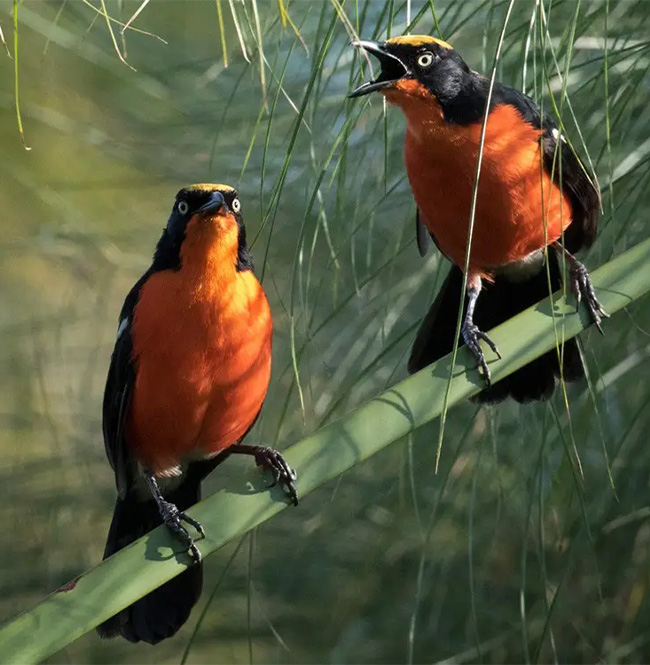
Lake Kivu
A visit to Lake Kivu offers a wonderfully peaceful break during your bird watching journey in Rwanda, with its own share of exciting moments. The lake is home to thriving populations of White-breasted Cormorants, as well as the captivating sight of Pied Kingfishers and Osprey engaging in migratory fishing. Along the lake’s edges, you’ll encounter some of Rwanda’s more familiar land-based bird species.
The gardens of hotels in Karongi, Rubavu, and Rusizi are havens for exciting Rwanda bird-watching. Keep an eye out for the Double-tooth Barbet, a frequent visitor to this region, along with species like the Yellow-bellied Waxbill, Familiar Chat, Brown-throated Wattle-eye, and Spot-flanked Barbet. Additionally, the Kinunu area offers rewarding birdwatching opportunities for the more commonly seen species.
Birding in Kigali
Kigali offers an exciting opportunity for urban birdwatching. The gardens of hotels hold captivating bird species, and Nyarutarama Lake, also known as “Lover’s Lake” on the outskirts of the Kigali golf course, is a reliably productive spot. A visit can be pretty rewarding, even if you have just a short time to spare.
You’ll encounter a uniques bird species, including the White-collared Oliveback, Grey-headed Bushshrike, Narina Trogon, Lesser Honeyguide, Brown-backed Honeybird, African Swamphen, Bat Hawk, Black Cuckoo-Shrike, Olive-bellied, Red-chested Sunbird, and Bronzy Sunbirds. Additionally, you might spot the Palm Nut Vulture, African Goshawk, Crested Barbet, Rüppell’s Starling, Grey-backed Fiscal, and Black-headed Weaver.
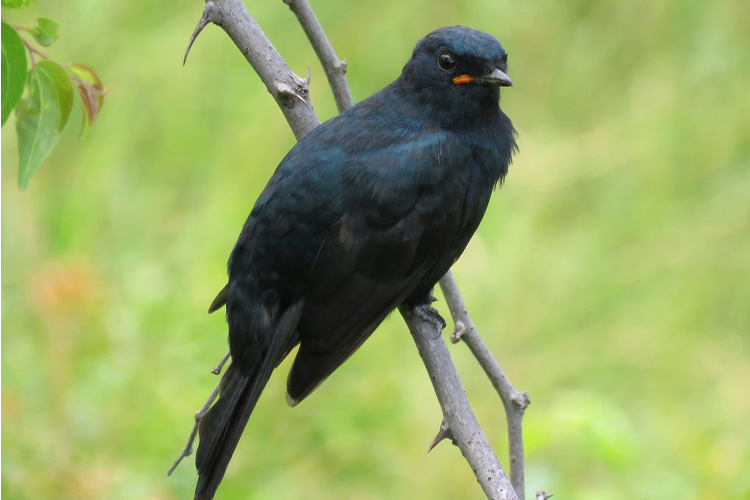
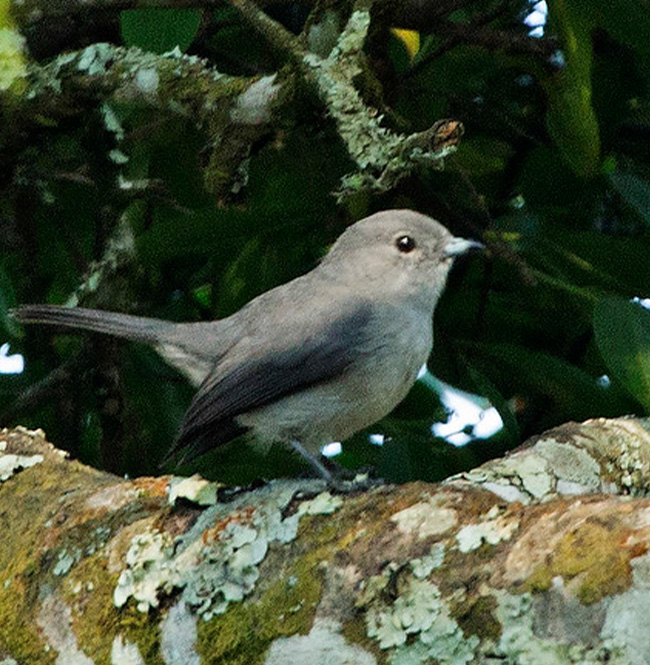
Wetlands
Rugezi Marsh, located in the northwestern part of Rwanda near Gicumbi, holds a unique distinction as Rwanda’s sole RAMSAR Site. It hosts thriving populations of Grauer’s Swamp Warbler. Also, it provides a habitat for Grey-crowned Cranes, Papyrus Canary, and even reports of the Papyrus Yellow Warbler. Toward the southern end of the marsh, there’s an open water area named Lake Nyagafunzo, where a boat ride offers excellent opportunities to see some of the more common waterbirds in the country. You might also come across the White-backed Duck and Lesser Jacana.
Moving to the wetlands and lakes in the Bugesera District southeast of Kigali, you’ll find fantastic birding opportunities that are perhaps some of the most accessible in Rwanda.This region features a mix of habitats, and a remarkable 415 bird species have been documented here. Numerous sites provide an excellent chance to spot the Papyrus Gonolek, Papyrus Canary, White-winged Swamp Warbler, White-collared Oliveback, Lesser Jacana, and White-backed Duck.
Packing list for birding safari in Rwanda
For a fantastic birding safari in Rwanda you need appropriate items/ gadgets which will help you have the best experience, birding as an activity is very difficult activity if you do not have the right equipments but if you have the right gadgets it is the best experience you ever get.
Binoculars
Most birds in Rwanda tend to stay in thick forested which requires you as a tourist to carry a binocular to help you spot many birds from a distance, birds are generally shy animals which always fly away upon the presence of a human being.
A camera
A camera is always an appropriate device to carry with you on a birding safari in Rwanda, a good camera will help you take amazing bird species. These pictures will give you memorable moments to finesse about from your birding safari in Rwanda.
Portable voice recorder
Various bird species in the forest make different beautiful sounds which are worth recording, this requires you as a birding tourist to carry a sound recording device so as not to miss these intoxicating sounds.
Drinking water and parked lunch
Bird watching safari is a very time consuming activity which can take approximately a full day, this requires to carry bottled refreshing water, energy giving snacks and packed lunch which you can eat on a break while on the safari
Birding books on Rwanda
For a wonderful and fantastic experience you need birding books, these books help you be informative and identify the birds easily, these books have a collection of birds with most of their details.
Insect repellant
Bird watching takes place in thick forests which are filled with many biting insects like mosquitoes, bees, wasps, Tse-Tse flies and many others which flood the forest for fruits that’s why you need insect repellant lotion to save you from insect bites.
How to behave on a birding safari
The way you behave while in the forest for bird watching safari greatly determine the experience you will get and the number of birds you will be able to see, as it is known a good birder never chases a bird or even try flushing them from their hiding spot instead they allow them to appear on their own will.
Control Your Movements :Be careful as you walk through the forest. Avoid running or chasing birds from their nests. Careless behavior will scare the birds and may also endanger them.
Camera Use : While recording and taking pictures, always switch off your camera’s flash, especially during the breeding season. Flash photography can scare away the birds.
Respect Nesting Areas :Do not get too close to nests or nesting colonies. This helps avoid alerting birds and chicks to danger and disease. Only researchers are allowed to touch the eggs; most tourists are forbidden from doing so as birds may abandon eggs if touched.
Dispose of Rubbish Properly : Respect and conserve the environment by disposing of rubbish in designated areas. This helps preserve bird habitats.
Follow Guide Instructions :Always adhere to the rules and regulations given by your birding guide.
Rwanda bird watching tours
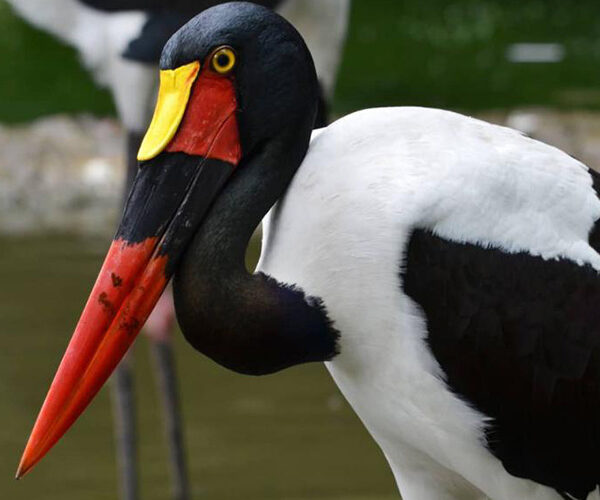
10 Days Rwanda Birding Safari
10 Days Rwanda Birding Safari takes you to the different national parks and interesting sites of Rwanda specifically for bird watching. Expect from this tour the service of a highly
12 Days Birding Rwanda and Gorilla Trekking Safari
Experience the ultimate adventure in the heart of Africa with our 12 Days Birding Rwanda and Gorilla Trekking Safari. The birds are easy to see especially in Akagera national park
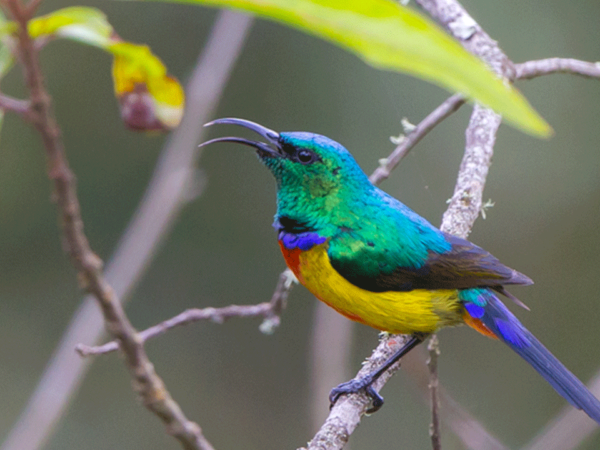
13 Days Bird Watching in Volcanoes Nyungwe and Akagera NP
On this 13 Days Bird Watching in Volcanoes Nyungwe and Akagera NP , you’ll traverse diverse habitats, including volcanic mountains, ancient rainforests, and savannah plains, encountering a myriad of bird
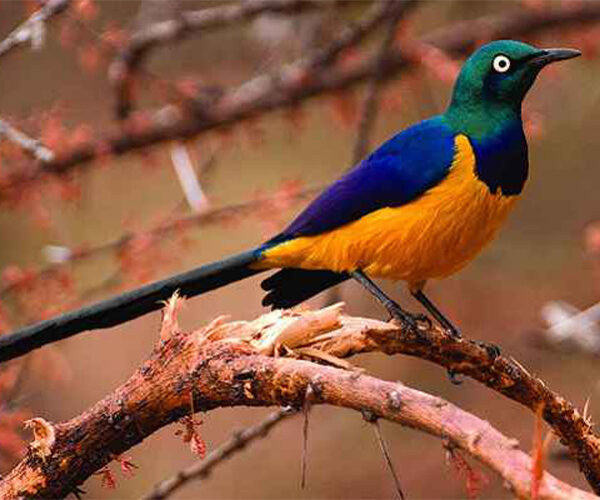
16-Day Bird Watching Adventure Safari in Rwanda
Explore the stunning landscapes of Rwanda on a 16-day bird watching safari, where you can discover the diverse birdlife and natural beauty of the country. From the bustling city of
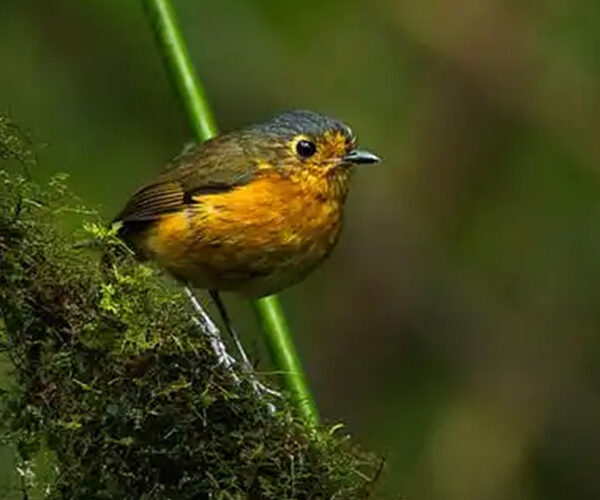
3 Day Bird Watching Tour in Nyungwe Forest Rwanda
Enjoy this 3 Day Bird Watching Tour in Nyungwe Forest Rwanda, which includes engaging in bird-watching experiences on the second and third days, along with an optional chimpanzee tracking experience.
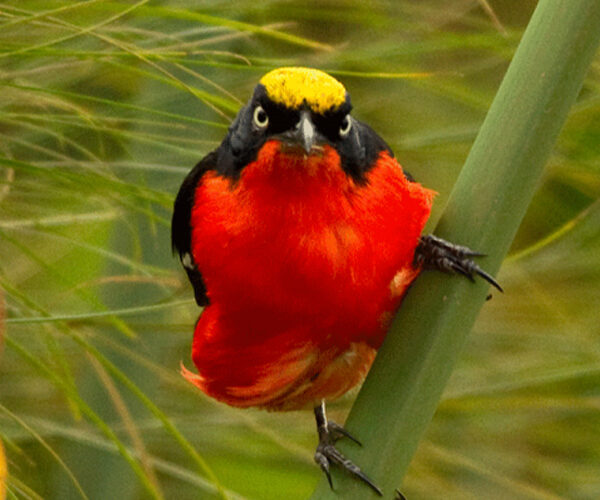
3 Days Birding Akagera National Park
3 Days birding Akagera National Park is one of the best short birding trips in Rwanda to see over 525 bird species in a shortest period possible.
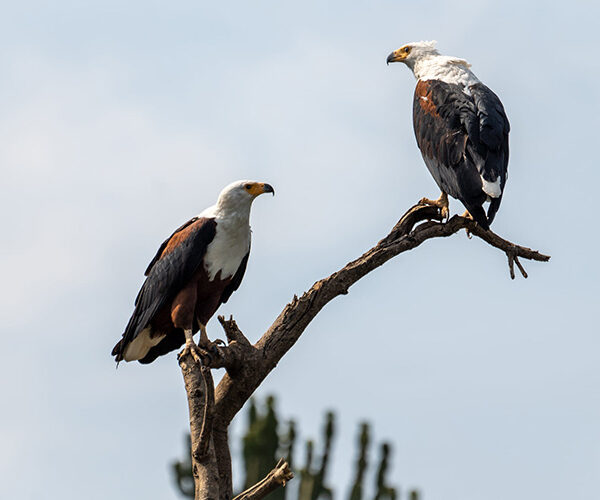
4 Days bird watching safari Rwanda
4 Days bird watching safari Rwanda takes you to Ngungwe forest and volcanoes national park for a fantastic birding tour and gorilla trekking experience.
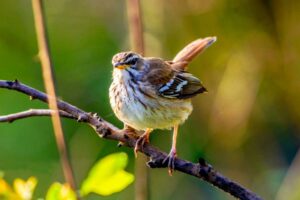
4 Days Birding Rwanda safari
The 4 Days Birding In Rwanda expose you to most of the interesting natures among the thousand hills. Visit Nyungwe Forest, the massive montane forest found in southern Rwanda and
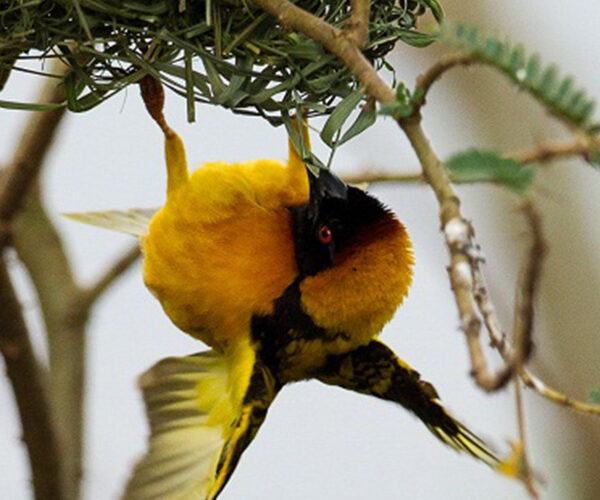
5 Day Birding Akagera national park
5 Day Birding Akagera national park takes you to Rwanda for Kigali city tour, Nyabarongo for birdwatching, Nyarutarama man made lake for another birding trip and Akagera National Park for
6 Days Rwanda Birdwatching and Gorilla Tracking Tour
Explore Rwanda’s incredible wildlife and natural beauty with our 6 Days Rwanda Birdwatching and Gorilla Tracking Tour. Immerse yourself in the lush forests of Nyungwe, home to diverse bird species,
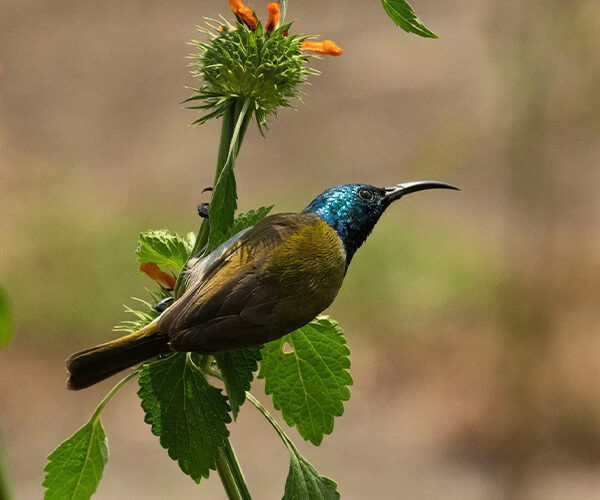
7 Days Birding and Wildlife Safari Rwanda
7 Days Birding and Wildlife Safari is one of the best birdwatching tour packages in Rwanda that takes you to Important Bird Areas of Nyungwe Forest National Park
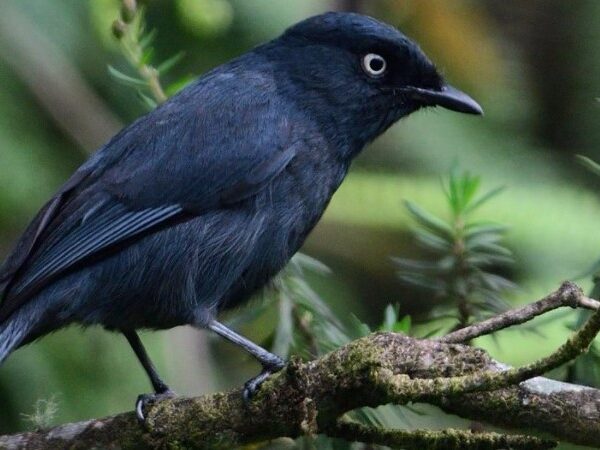
8 Days Rwanda Wildlife & Birding
This 8 Days Rwanda Wildlife and Birding safari takes you to explore Akagera National Park, Nyungwe Forest National Park, and Volcanoes National Park.
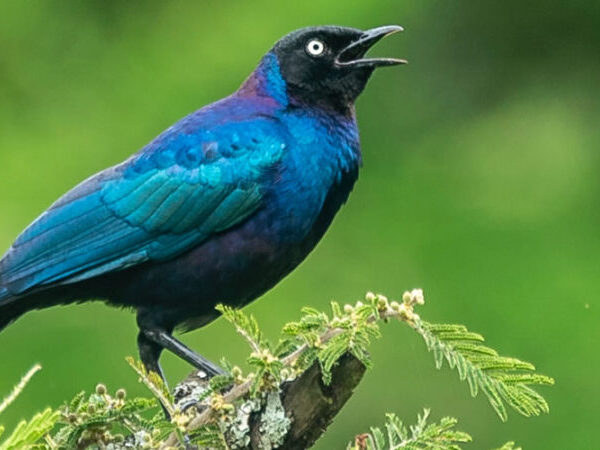
9 Days Rwanda Birding Safari
Rwanda has recorded over 700 bird species, a considerable number for its size. Out of these, over 40 species are unique to the Albertine Rift Ecoregion.
